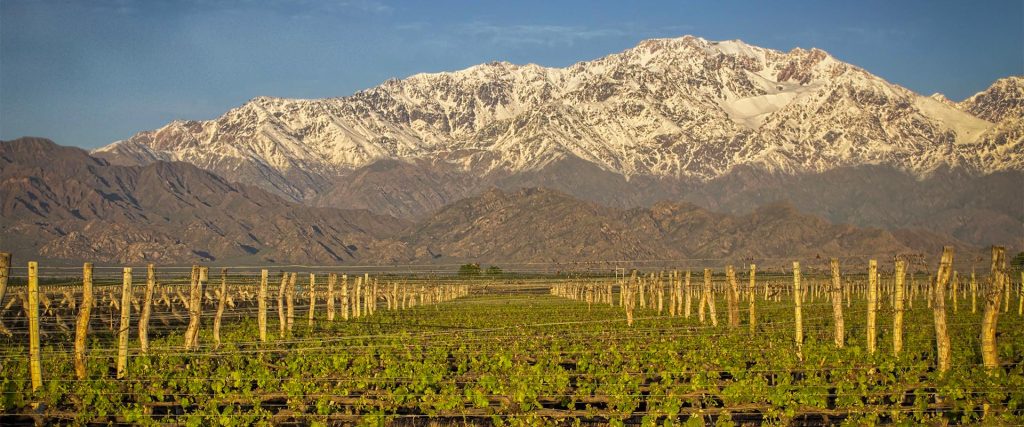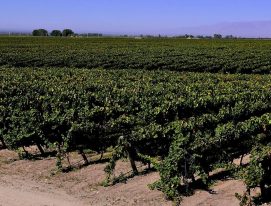“B Companies” are trailblazing a new way of doing business across the world. Certification in Argentina is overseen by the non-profit organization Sistema B, which rewards companies that make the commitment to assess themselves and seek accreditation of their “triple impact”: economic value, social outlook and care for the environment.
Across the world, around 6000 companies have received B certification, of which 193 are based in Argentina. Five of these are Mendoza wineries: Lagarde, Penedo Borges, Araujo, Dolium and Trivento. To achieve certification, the B wineries in Mendoza must all undergo a very detailed and rigorous evaluation process in which their positive impacts are analyzed in areas such as governance, the environment, community, workers, customers and business model.
“Although not many wineries have achieved B certification, we’re beginning to see the industry place more of an emphasis on sustainability. This is a sector with close ties to the rest of the world, and attention is paid to the latest trends and demands of the market. In addition to our close relationship with nature, we are well aware that we need to take measures to combat climate change,” says the CEO of Bodega Lagarde, Sofía Pescarmona.
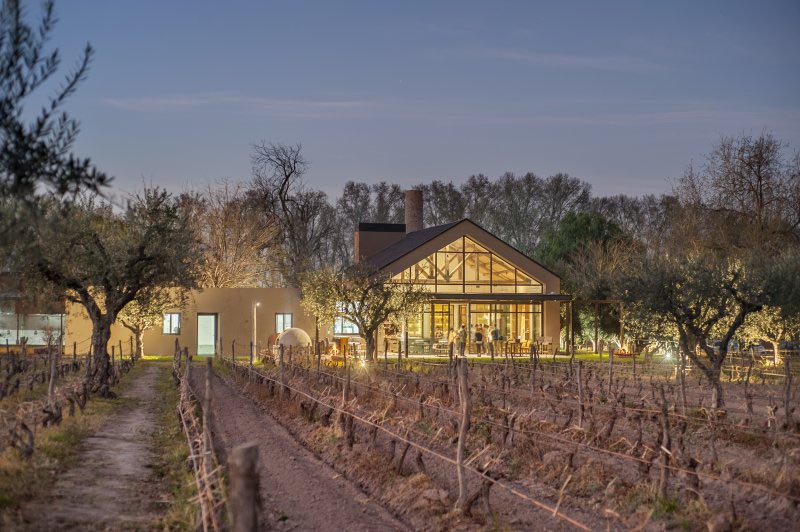
Thye winery founded in 1897 became a B company in 2019. “We were already implementing organic agriculture and aiming for zero waste, so we were excited by the idea of becoming a B company. The most important part of the process was the lessons we learned. We got a lot of points for our production and staff management. Our greatest challenge was to change our relationship with the community: before, we made charitable donations, now we’ve rethought our approach, by opening a restaurant/school, for instance.”
B Wineries in Mendoza: breaking out of the niche
Penedo Borges Bodega Boutique – an enterprise funded by Brazilian capital previously known as Otaviano – is currently going through their first “recertification” process, due to the fact that the certification must be renewed every three years.
“The process is very exhaustive, but also dynamic and virtual,” says the Head of Sales & Marketing at the firm, Leticia Viazzo, who has noticed increasing interest in the trend in Menodoza. “The province should give incentives to companies who set the example in triple impact administration, so that those who work dynamically with these concepts are able to reach beyond their niche.”
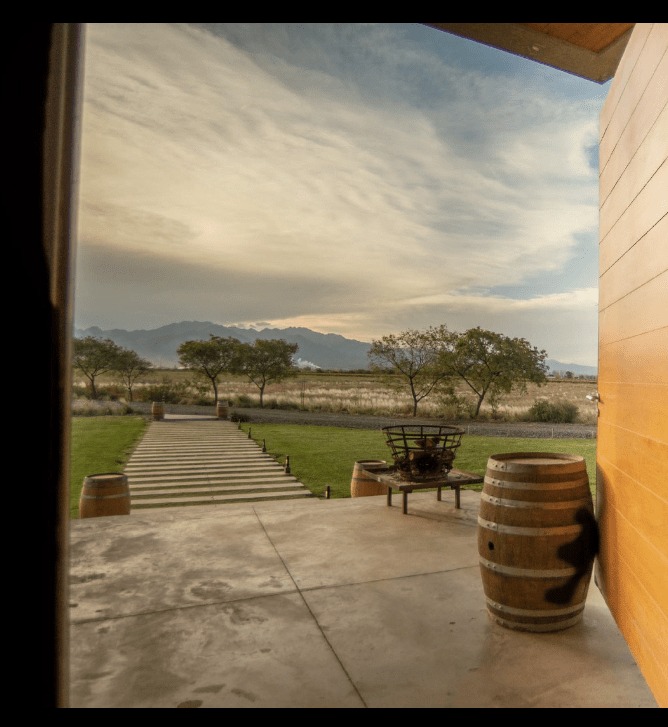
Sebastián Librici is the Export Manager at Araujo, another B winery in Mendoza founded in Villa Atuel in 2001, which won certification in 2022. Beforehand, they achieved organic certification and implemented a sustainable production model that includes preservation of water, a zero waste program, and working with small producers.
“The fact that we already had organic certification was a great help in becoming a B company,” says Librici. “And we also already had close ties with the local community. But we still needed to take the time to quantify these areas. The process was worth it, among other reasons because certifications can be an excellent tool when it comes to promoting our values.”
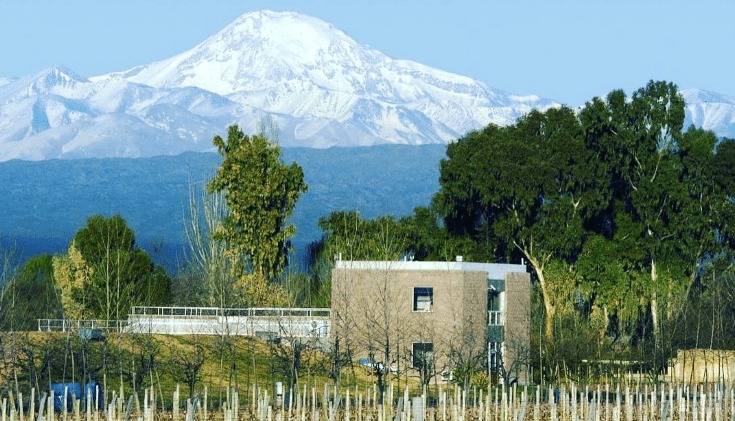
Dolium is the first ever entirely underground winery and was also the first in the country to get B certification back in 2014. “It all began when my sister, who lives in Manhattan, told me that the municipality gave priority to certified companies for tenders. That caught our eye and we thought we were entirely suited for certification,” says the owner of Dolium, Ricardo Giadorou.
“The fact that the winery is completely underground and doesn’t use outside energy gave us a lot of points. To a degree, we fit the parameters for evaluation like a glove.
“The most interesting part is that you’re obliged to be coherent. Your practices start to grow more transparent and you start to talk to people who do business ‘B-style’. At the same time, because we operate along ecological lines, our costs are higher: it’s a real challenge to be faithful to ourselves and stay competitive.”
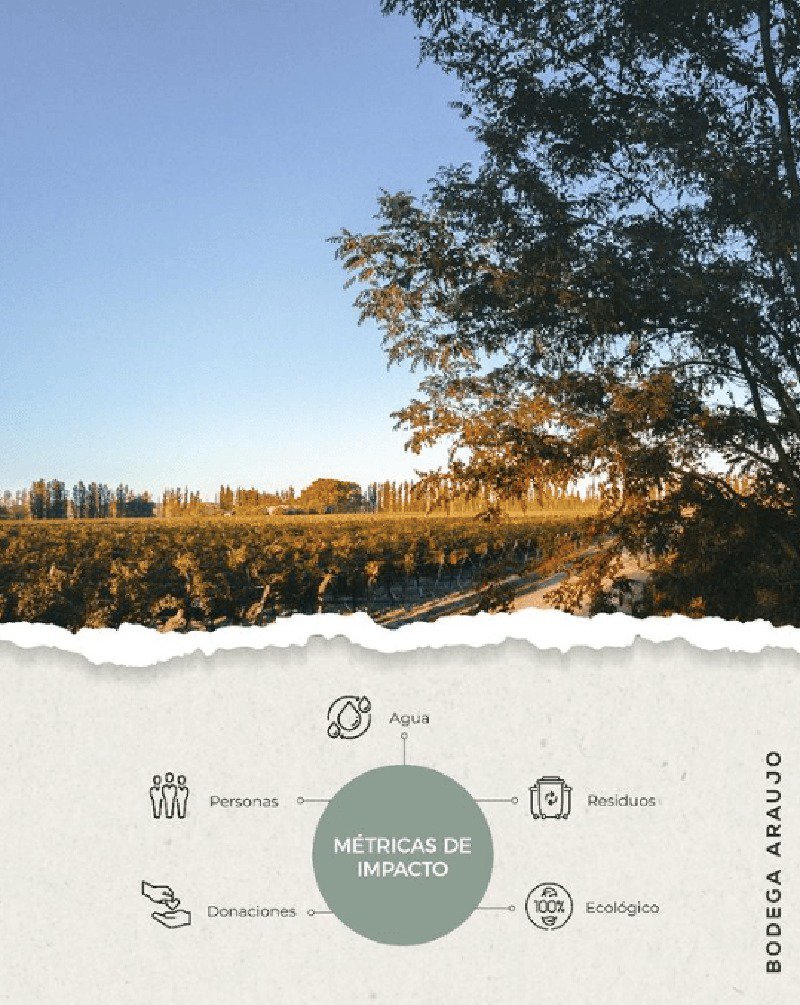
B Wineries in Mendoza, holistic certification
According to the Assistant Manager for Sustainability at Trivento, Mercedes Álvarez, the most attractive aspect of Sistema B “is that it’s the only certification that encompasses everything, all the different areas and details.” Although certification isn’t yet well-known among consumers, “it is useful as a tool to establish a strategy and throw light on issues that require improvement.
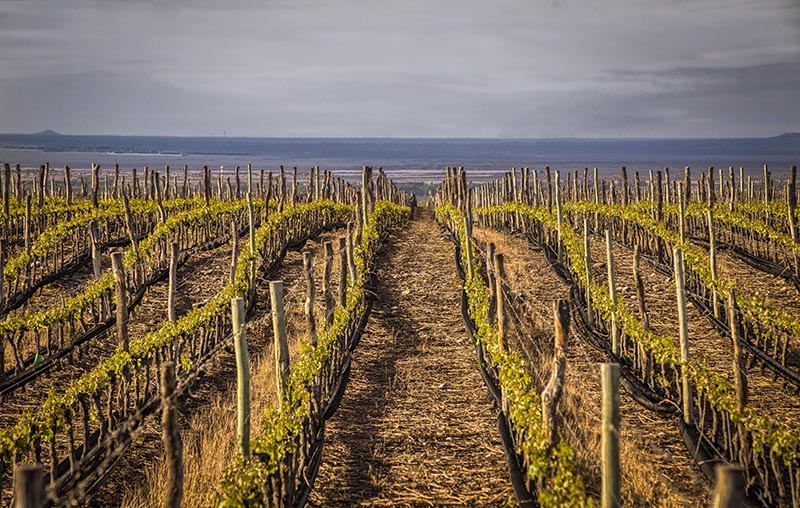
“Some wineries are more advanced, others are finding it difficult to implement certain practices. But I think that the industry has still made plenty of progress in terms of sustainability in recent years: people are understanding the need,” he says, affirming that it’s the sector’s responsibility to “start to communicate, raise awareness and signal the importance of these kinds of certification.”

